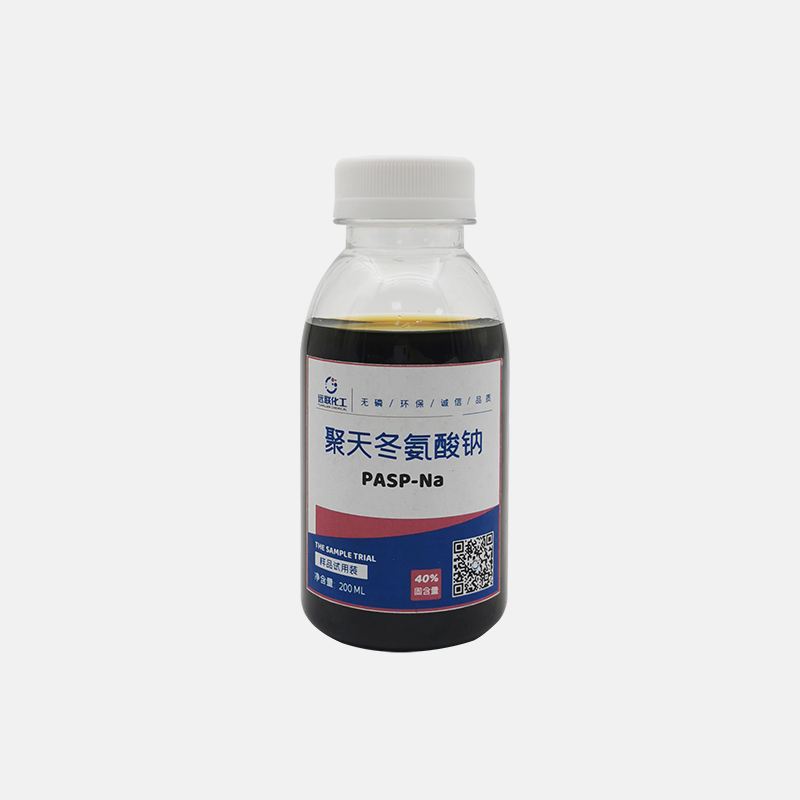
Corn/ wheat/ rice planting experiments have shown that Polyaspartic acid sodium salt can increase their yields
Polyaspartic acid can effectively improve fertilizer utilization. Through chelation, nutrients in the soil are more easily absorbed by crops, reducing nutrient loss and providing sufficient and continuous nutrition for crop growth. Its good biocompatibility allows it to be naturally degraded by microorganisms in the natural environment and eventually converted into harmless water and carbon dioxide. It is environmentally friendly and in line with the concept of sustainable agricultural development. At the same time, it can also improve soil structure, enhance soil water and fertilizer retention capacity, create a more favorable growth environment for crop roots, promote root development, and thus improve the growth and stress resistance of crops

1.Corn planting experiment. In the corn planting experiment, 100-200mg/L polyaspartic acid solution was used for seed dressing or spraying at the seedling stage, with significant results. In corn fields treated with 100mg/L solution, the average number of effective ears per mu increased by about 5%, the number of grains per ear increased by about 8%, and the thousand-grain weight increased by about 5%; when treated with 200mg/L solution, the number of effective ears increased by 10%, the number of grains per ear increased by about 12%, and the thousand-grain weight increased by about 8%. At the same time, the corn kernels are fuller, the protein content increases by 8%-10%, and the starch content increases by 5%-7%, providing strong support for the improvement of corn yield and quality.
2.Wheat planting experiment. Wheat fields with 200-300g polyaspartic acid applied per mu showed good growth. When 200g was applied per mu, the lodging resistance of wheat was significantly enhanced, the plant height was uniform, the yield increased by 8%-10%, the number of effective ears increased by about 6% on average, and the number of grains per ear increased by 5%-6%; when 300g was applied per mu, the yield increase was further increased to 12%-15%, the number of effective ears increased by 8%-9%, and the number of grains per ear increased by 6%-7%.
3.Rice planting experiment. Rice planting experiments show that the yield can be increased by 8% - 10% when 250 - 350g of polyaspartic acid is used per mu. When 250g is used per 660 square meters, the number of rice tillers increases by 6% - 7%, the number of grains per panicle increases by 5% - 6%, and the fruit setting rate increases by about 5%; when 350g is used, the number of tillers increases by 8% - 9%, the number of grains per panicle increases by 6% - 7%, and the fruit setting rate increases by about 7%.
Shandong Yuanlian Chemical Co.,ltd.(Jining Yuanlian Chemcial Technolgy Co.,ltd.) is one leading manufacturer of polyaspartic acid series product in China. If need more information like MSDS, TDS, COA of polyaspartic acid, feel free to contact: [email protected]; Tel: +86 537 3739818
Yuanlian Chemical specializes in the production of polyaspartic acid (PASP),tetrasodium iminodisuccinate(IDS), GLDA, MGDA etc. with stable quality and excellent quantity!




Contact us